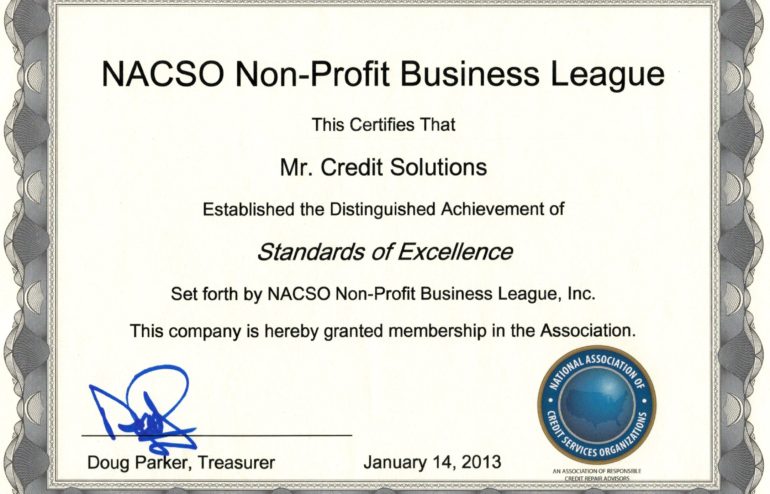The first step to becoming financially successful is starting a budget. And we’re here to help you! We understand budgeting can be a little restricting at first. It seems like you’re going from spending a normal amount of money to spending no money at all. But really, you’re just now starting to spend a normal amount of money. It’s a little confusing, we get it. But we’ll be with you every step of the way (we even included a FREE budget sheet for you).
So, before we start, we need you to know, budgeting can be draining. It will be quite a bit of work managing every expense everyday. It will be emotionally frustrating when you go several hundred dollars over your first month. Most people take about 3 or 4 months to get in the groove. Given, the process can be tedious, it’s extremely rewarding. Budgeting can free you from that “living paycheck to paycheck feeling.”
Now budgeting isn’t meant to be a punishment for overspending or the negative part of organized finances. Instead of looking at budgeting negatively, look at it as “being prepared.” You’ve decided where you’re going to spend your money in advance, so you’ll know exactly where your money is going and how it’s spent. That feeling, alone, will allow you to feel so much more comfortable with your finances. Not to mention, the feeling of being in control of your finances.
So now that we’ve had a little rundown over budgeting, let’s get started!
1. Choose How to Budget
There’s a few different ways to budget… No worries, we provided a brief run down of a few of your options. You should track your budget the way that you learn. So say, for example, you learn/memorize things better when you physically write them down (with a pen), you’ll want to do the same with your budget.
- Use our FREE printable budget sheet here!
- Write down your budget
- Budget on an Excel or Numbers work sheet
- mint.com
- budgettracker.com
- EveryDollar – the Dave Ramsey Budget tool
- Personalcaptial.com
- The Trail Wallet Budget App
- Daily Budget Original App
2. Separate Your Money Into Categories
Okay so money isn’t just money. There’s certain categories money falls in depending on whether it’s an expense or income, etc. All money has a purpose. Even the money you designated to buy new shoes. It all has a purpose
Income
Income is the money you get from your job. But there are different types of income. You should account for every single type of income you could have. While finding out you have extra money is nice, an extra, unrecorded income can throw off your entire budget. It’s much better to be as accurate as you possibly can. Types of income include:
- Salary
- Side Job (personal business, completing surveys, freelance writing, etc.)
- Interests
- Tax refunds
- Investments
- Child Support
- Alimony
Of course, we understand not everyone has a steady salary (waiting tables, commission, hourly, etc.) but no worries, you can still calculate a budget. If you have an inconsistent income, collect as many paycheck stubs as you can. Add the total income from all of the stubs together and divide by the amount of stubs there are (average). This can cause some inaccuracies in your budget sheet since your salary does vary, but this option will still work.
Savings
We recommend keeping your savings on a separate sheet for the time being. DO NOT include your savings in your income in anyway. If anything, your savings should qualify as an expense. You want to avoid pulling money out of your savings account for any reason (other than an emergency). Types of savings include:
- Retirement Funds
- Investments
- College Fund
- Emergency Funds
- Short term savings (saving up for a vacation, a new car, etc.)
Non-Discretionary
Non-Discretionary expenses basically means expenses that you can’t avoid. These are expenses you have to pay such as your utilities, credit card bill, etc. Some types of non-discretionary expenses include:
- Child Support
- Alimony
- Utilities (water, internet, electricity, etc.)
- Rent or Mortgage
- Cell phone bill
- Car payment
- Groceries
- Gas
- Insurance (car, life, health, etc.)
- Health (prescriptions, doctor’s visits, etc.)
- Student Loans
- Credit Card bills
- Medical Bills
- Loans
- Child care
Discretionary
Discretionary expenses are expenses that you don’t need, but you would rather have. Some types of discretionary expenses include:
- Vacations
- Subscriptions (Netflix, Spotify, magazines, etc.)
- Gifts
- Charitable contributions (church offering, school fundraiser, etc.)
- Entertainment (parties, movies, games, etc.)
- Personal Care (clothing, hair care, make up, etc.)
- Eating Out
Other
These expenses are kind of necessary, kind of not. Many of them only come once or twice a year. There just things to think about when the time comes.
- HOA fees
- House repair
- Property taxes
- Car repair
- Vehicle inspection
- Children’s allowance
- Tuition and fees
- School supplies
- Pets/Pet care
- Computer expenses
3. Add Together Your Month’s Income
When deciding your monthly income, you want to go with the lowest possible figure. You want to base your budget off of what you know is guaranteed. Then if you end up with extra, well, that’s great!
4. Add Together Your NON-DISCRETIONARY Expenses
Write down all of your necessary expenses. You have to reach far into the back of your mind and think of everything you have due this month. What helps is having a calendar out in front of you. Write down everything you have due, how much it is and what day it is. If you aren’t sure how much a certain bill will be, take a look at the past 3 or 4 bills and determine the average.
5. Set Some Goals
Are you wanting to buy a car? A house? Getting out of debt? Maybe you just want some extra shopping money? Whatever your goals are, you should write them down. When you can see and be reminded of your goals everyday, you’ll be more motivated to do whatever it takes to achieve that goal.
6. Choose Your Discretionary Expenses
If you noticed in our discretionary expenses list, there were a few things that seemed like they are necessary. It is very important to learn to prioritize. You have to decide, is Netflix more important that eating out? Also, you may not get every single thing you want, the day you want it. That’s okay, with your new budget, the important thing is you’ll get it eventually and there will be no financial trouble surrounding it.
7. Subtract Your Expenses From Your Income
This equation is simple and easy. First, you’ll add together your final numbers from step 4 and step 6. After that, you will subtract your first answer from your final number from step 3. If you have a positive number, then you have extra money in your budget! If your number is negative, you are possibly spending too much money. You may need to rearrange or take things out of your budget. If you need to remove something from your budget, DISCRETIONARY GOES FIRST!
Our Tips
PRIORITIZE – we can not emphasize the importance of prioritizing your expenses enough. Your discretionary expenses are not more important than non-discretionary. They just make life a little easier. But you should always make sure your necessities are taken care of first. That new thing you want can wait, the electricity cannot.
ORGANIZE – we highly recommend to keep a list of every single purchase you make, when it was made and how much it was. It seems like your micro-managing your budget a little bit, but this will make your budget the most accurate. And organizing your expenses will also help keep your bank account in the green and out of the red.
We want you to be as financially successful as possible. Budgeting is step number one. We always remind our customers, being financially responsible today will reward you tomorrow.
If you didn’t see our budget sheet earlier in the post, click here!




